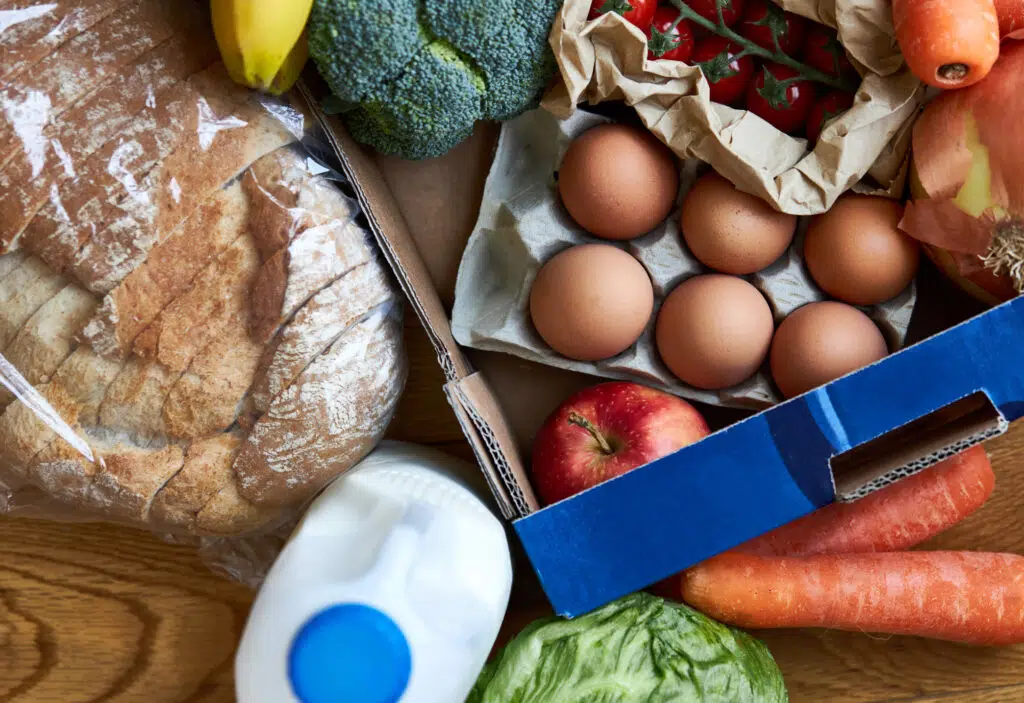Menu
How to prevent food spoilage when storing foods
- Jade Beharrell
- Food Hygiene and Safety
How to prevent food spoilage
It is important to prevent food spoilage, as no one wants their food to go off before they have chance to eat it. Not only is it a waste of money, but a waste of food and Essential Food Hygiene believe strongly in sustainability and reducing waste.
The best way to prevent premature food spoilage is to make sure that you store your food properly. The food most likely to go off if stored incorrectly is fresh food such as fruit and vegetables, and dairy, such as milk and yoghurt. These types of food items should be stored in a fridge, or frozen.

However, it’s incredibly important that you know how to use a fridge or freezer properly, so that the food you store is not spoiled. You should always make sure that you never overload your fridge or freezer- cramming your food up against the cooling element can result not only in freezer burn, i.e. spoilage, but also stops the fridge or freezer from cooling to the correct temperature.
You should make sure that your fridge is between 1 degree Celsius and 4 degrees Celsius, whilst your freezer should operate at -18 degree Celsius. To make sure that the food is kept at the appropriate temperature, and to stop it entering the danger zone, you should always keep the fridge and freezer door closed.
Even with appropriate storage, your food can only last so long before it becomes unsafe to eat. Refrigerated food should always be checked for signs of spoilage if a ‘best by’ date is not provided and should never be eaten after the ‘use by’ date. Similarly, your frozen food can often only be frozen for three months, however you should always follow foods’ individual freezing instructions.

The best way to ensure that the food in your home is safe to consume is to ensure that you store and treat it correctly. Please explore our other posts in order to learn more about how to store food in your home.
You can also access more information through our Level Two Food Hygiene and Safety course. Visit essentialfoodhygiene.co.uk to find out more.
